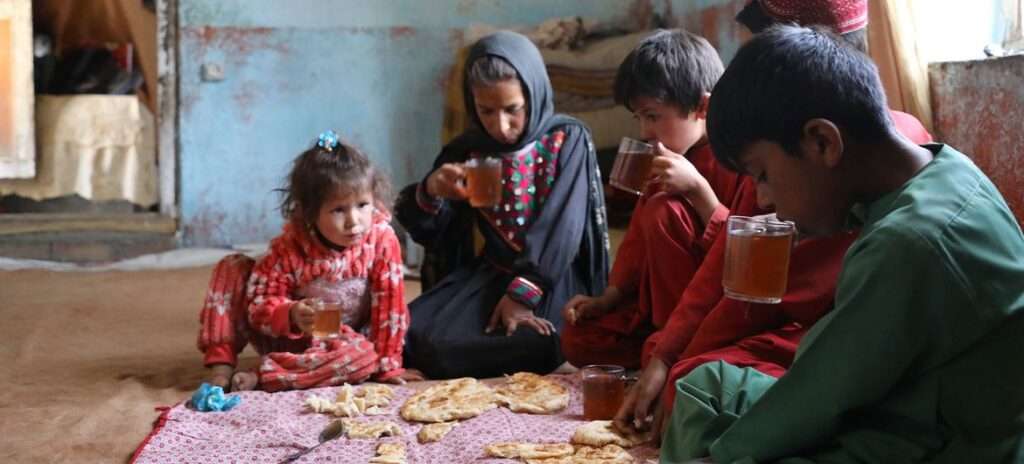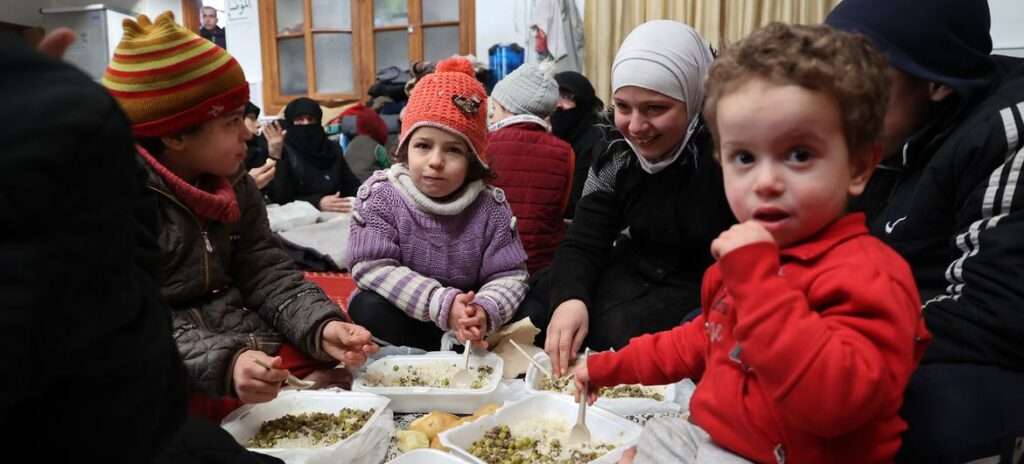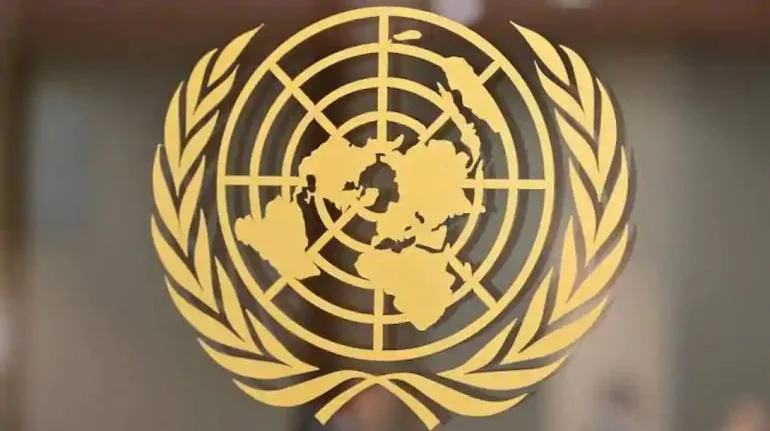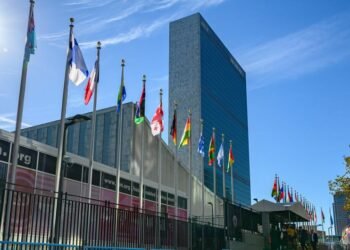Due to financial crisis, the United Nations has been compelled to decrease food, financial payment support, and assistance to millions of households in conflict-stricken nations.
According to top UN officials, the crisis has caused a decline in its operation by almost half, causing starvation to reach an all-time high.
According to the Deputy Executive Director of the World Food Program, Carl Skau, in addition to Afghanistan, Syria, Yemen, and some West African nations, out of the 86 nations that it operates in, 38 of the countries have been affected by the supply cuts, or are anticipated to experience cuts shortly.

Skau made known that, the WFP has been operating with funds lower than it expected. He said that, the WFP required over $20 billion in operational funds to FastTrack assistance to individuals in need, but it has been operating with $10 and $14 billion, which is what the organization previously acquired.
“We’re still aiming at that, but we have only so far this year gotten to about half of that, around $5 billion.”
Carl Skau, Deputy Executive Director of World Food Program.
Carl Skau further apportioned blame on the covid-19 pandemic, Russia-Ukraine war, and its global negative effects, saying, humanitarian assistances went through its worst times in 2021 and 2022.

He explained that, the organization is gradually losing its financing capacity, but those in need of aids continue to increase. He concluded that, humanitarian missions in 2024, would be considerably worse.
“The largest food and nutrition crisis in history today persists. This year, 345 million people continue to be acutely food insecure while hundreds of millions of people are at risk of worsening hunger.”
Carl Skau, Deputy Executive Director of World Food Program.
Not all, Skau mentioned the precarious nature of violence and insecurities, and the huge part it has played in global hunger issues, at the time when the economies of world are battling with depression.

Though, Skau admonished donor agencies and countries, who have be their conventional supporters to “step up and support us through this very difficult time,” he revealed that, the World Food Program is doing their best to widen its source of income.
When queried about why funds are drying up. Skau replied, “But it’s clear that aid budgets, humanitarian budgets, both in Europe and the United States, (are) not where they were in 2021-2022.”
According to Skau, the WFP was obliged to reduce rations for towns in Afghanistan, that were experiencing emergency levels of hunger in March from 75% to 50%. It was again compelled to reduce food for 8 million people in May, thus 66% of the population it was serving. He claimed that only 5 million individuals are currently under their assistance.
Skau stated that, in July, the WFP reduced all rations to 2.5 million. The World Food Program further reduced it monetary aid by 20% in Palestinian territories in May and June. In Syria, the organization provided only 50% of aid, required to over 5.5 million people who depended on their aid.

The WFP reduced the number of cases it was handling by 60%, or 200,000. There is the need to halt offering aid to 7 million people in Yemen as early as August, Scau added, due to a significant financial shortage.
According to Carl Skau, some nations in West Africa where there is a sever hunger, the organization has already implemented it ration cuts, especially in its seven main crisis operations; Burkina Faso, Mali, Chad, Central African Republic, Nigeria, Niger and Cameroon.
He claimed that, by withholding aid from those only experiencing a severe case of hunger, in order to save those who are in the position of starving to death, the ones left behind would soon experience urgent and dire conditions, “and so we will have an additional humanitarian emergency on our hands down the road.” “Ration cuts are clearly not the way to go forward,” Skau said.

Investing in long-term remedies for conflicts, poverty, development, and other underlying issues of the present emergency, he pleaded on world powers to give humanitarian aid financing priority.
READ ALSO: UK Ministers Unable To Provide Numbers For Children Asylum Seekers Due To Record Keeping





















